The RCGP Council should reject Clare Gerada’s attempt to push it neutral on assisted suicide and euthanasia

Next Friday, 22 February, the Council of the Royal College of General Practitioners (RCGP) willconsider its Chairman’s suggestionto go neutral on assisted suicide and euthanasia.
The RCGP is the largest membership organisation in the UK solely for GPs and currently has over 42,000 members.
The papers for the meeting have not been made public but RCGP Council Chair Clare Gerada (pictured) is expected to put a similar case to that she made last year in aletter to members and in an article in the British Journal of General Practice.
Gerada’s move seems deliberately planned to coincide with the tabling of two new parliamentary bills aimed at legalising assisted suicide. Lord Falconer is introducing a bill into the House of Lords in May and Margo Macdonald MSP is bringing a bill to the Scottish Parliament later this year.
In addition to this two high profile court cases involving patients with ‘locked in syndrome’ return to the Court of Appeal also in May.
The RCGP adopted its current strong opposition to a change in the law in 2005 after substantial discussion and consultation with its Faculties and Members.
It formulated its current policy then as follows:
‘The RCGP believes that, with current improvement in palliative care, good clinical care can be provided within the existing legislation and that patients can die with dignity. A change in legislation is not required.’
It restated this position in 2011 saying that ‘nothing has occurred since 2005 to alter or change the ethical issues around assisted dying’.
The majority of doctors are opposed to a change in the law. Opinion polls show an average of 65% doctors opposing the legalisation of assisted suicide and/or euthanasia with the remainder undecided or in favour. Palliative Medicine Physicians are 95% opposed and the Royal College of Physicians and British Geriatrics Society are officially opposed.
Assisted suicide and euthanasia are contrary to all historic codes of medical ethics, including the Hippocratic Oath, the Declaration of Geneva, the International Code of Medical Ethics and the Statement of Marbella. Neutrality would be a quantum change for the profession and against the international tide.
Neutrality on this particular issue would give it a status that no other issue enjoys. Doctors, quite understandably, are strongly opinionated and also have a responsibility to lead. The RCGP is a democratic body which takes clear positions on a whole variety of health and health-related issues. Why should assisted suicide and euthanasia enjoy a position which no other issue shares, especially when doctors will actually be the ones carrying it out?
Furthermore, to drop medical opposition to the legalisation of assisted suicide and euthanasia at a time of economic recession could be highly dangerous. Many families and the NHS itself are under huge financial strain and the pressure vulnerable people might face to end their lives so as not to be a financial (or emotional) burden on others is potentially immense.
Were the RCGP to drop its opposition, and as a consequence a law were to be passed, it would also leave the medical profession hugely divided at a time when, perhaps, more than any other time in British history, we need to be united as advocates for our patients and for the highest priorities in a struggling health service.
The British Medical Association (BMA) rejected an attempt to move it neutral at last year’s annual representative meeting saying that neutrality was the worst of all positions. This was based on bitter experience. When the BMA took a neutral position for a year in 2005/2006 we saw huge pressure to change the law by way of the Joffe Bill. Throughout that crucial debate, which had the potential of changing the shape of medicine in this country, the BMA was forced to remain silent and took no part in the debate. Were the RCGP to go neutral it would be similarly gagged and GPs would have no collective voice.
Going neutral would instead play into the hands of a campaign led by a small pressure group with a strong political agenda. Healthcare Professionals for Assisted Dying (HPAD), which is affiliated to the pressure group ‘Dignity in Dying’ (formerly the Voluntary Euthanasia Society) has only 520 supporters, representing fewer than 0.25% of Britain’s 240,000 doctors. But last year they flooded the BMA ARM with no less than nine motions calling for the association to go neutral in an attempt to silence medical opposition ahead of new bills being introduced to parliament this year.
The RCGP has been historically opposed to a change in the law on assisted suicide and euthanasia for good reasons. These reasons have not changed.
Going neutral would be inappropriate, undemocratic and potentially highly dangerous. It would also be playing into the hands of a small unrepresentative pressure group and giving an advantage to only one side of the debate. Furthermore it would communicate confused messages to the public at a critical time and divide the profession at a time when a united doctors’ voice is needed more than ever.
The RCGP Council would be wise to give short shrift to its chairman’s proposal.


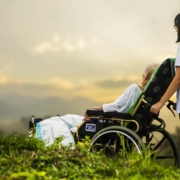
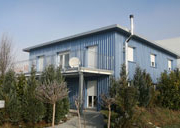
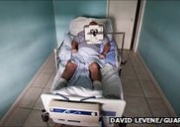

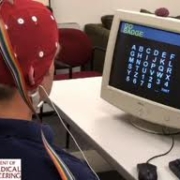
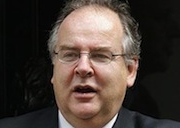
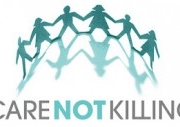


Leave a Reply
Want to join the discussion?Feel free to contribute!